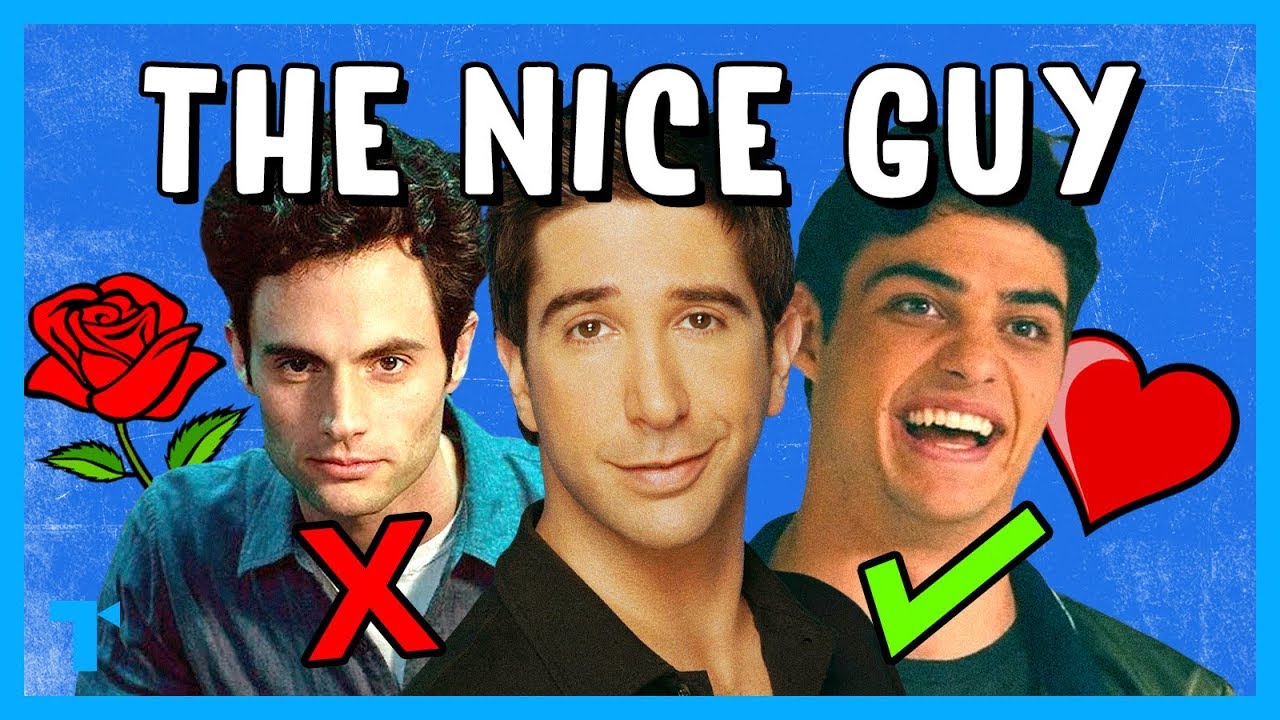The Romantic Fallacy of the ‘Nice Guy’ Trope Explained

The Take (previously) takes a historical look at the romantic fallacy of the "nice guy character and how audience bias has flipped against this particular trope. Hosts Debra Minoff and Susannah McCullough examine the physical, psychological and sociological aspects of these romantic but insecure characters who tend to erase the woman of their desire from the relationship altogether.
Romantics like Ross, Ted, Tom and Duckie are so single-minded and sure they've found their soulmates that they don't pause to consider whether their love object feels the same. "The nice guy often makes romance into a moral issue, so that if a girl doesn't like him, she must just not like being treated well. He expects the woman to be interested in him because of his inner goodness, or because he's so in love with her. But this idea is hypocritical because the nice guy is usually drawn to his crush at least in part out of physical attraction.
Yet, despite this change in perception, there are some truly nice guys out there.
Related Laughing Squid PostsHow Deadpool Has All the Narratives of a Lighthearted Rom-Com Specifically Made For MenJohn Lennon and Yoko Ono Talk About Love, Marriage and Romance In 1969 Interview Animated By PBSBeth & Taxes, A Romantic Comedy Parody About Love, Accounting, and Tax SeasonWhat differentiates a real nice guy from the knock-off version is simply authenticity. The faux nice guy's grand gestures can come off as cringeworthy and even manipulative. Or he may expect a prize for acting like a decent person. But while fake niceness abounds in our world, true kindness sets you apart like a diamond in the rough" and in the end, real nice guys finish first.
Follow Laughing Squid on Facebook, Twitter, Flipboard and Subscribe by Email.
The post The Romantic Fallacy of the 'Nice Guy' Trope Explained first appeared on Laughing Squid.